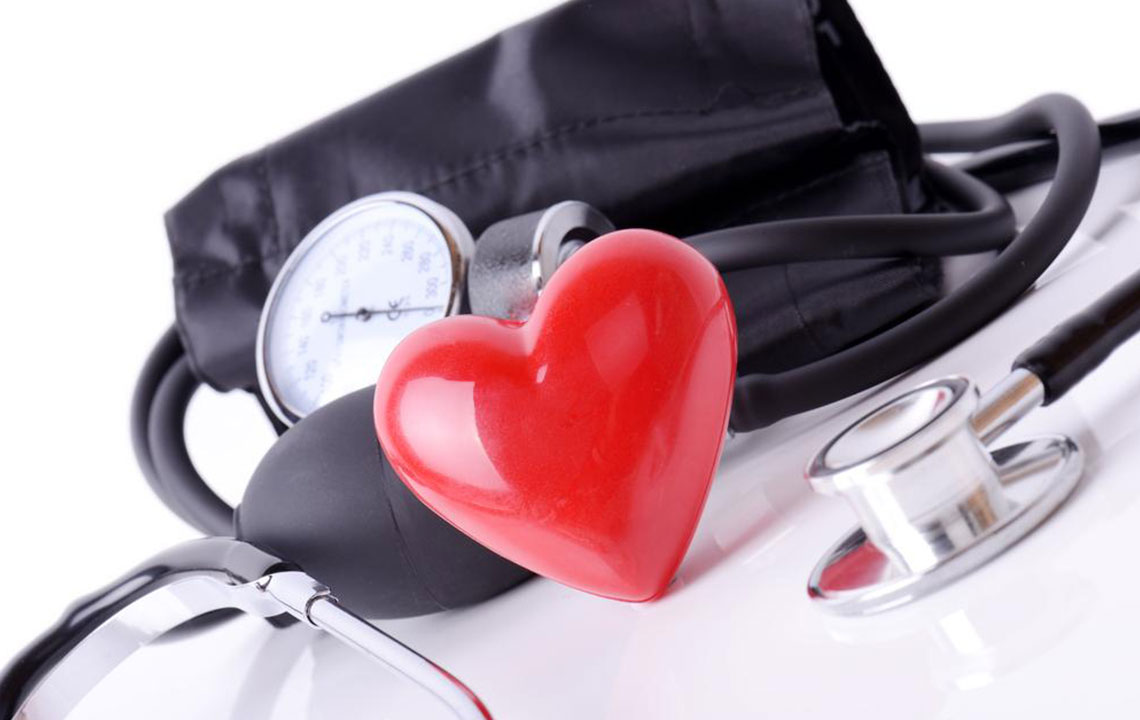Know about the Types, Causes, and Treatments of Congestive Heart Failure
Congestive heart failure is a chronic heart problem which affects the pumping ability of the heart muscles. The heart fails to pump efficiently which causes heart failure. Congestive heart failure is high-risk and a life-threatening problem. Treatments for congestive heart failure work wonders to help people struggling with it.
What is congestive heart failure?
The human heart has four chambers, with the upper chambers known as atria and the lower chambers are known as ventricles. Blood is pumped to different body parts through the ventricles. The atria receive impure blood from the body. Congestive heart failure can be defined as the stage when the fluid accumulates around the heart.

What are the different types of congestive heart failure?
The left-sided congestive heart failure occurs when the left ventricle fails to pump blood effectively. Fluid can build up in the lungs and cause difficulty in breathing. Left-sided congestive heart failure is of two types:
Systolic heart failure: The contraction of the left ventricle results in the improper pushing of blood for circulation due to the lack of force thus making pumping inefficient.
Diastolic failure: The stiffness in the left ventricles doesn’t allow the muscles to relax. In this condition, the heart fails to pump the required level of blood.
Right-sided congestive heart failure, however, occurs when the right ventricle pumps blood to the lungs inefficiently. Blood accumulates in the blood vessels and results in fluid retention.
The congestive heart failure has four different stages: Class I, Class II, Class III, and Class IV.
What are the common symptoms experienced in the different stages of congestive heart failure?
Class I: No specific symptoms (although one tends to feel tired quickly).
Class II: Shortness of breath and palpitations during physical activities.
Class III: Mild physical work can cause fatigue and palpitations.
Class IV: Inefficiency to carry out physical activities with the least stress.
What are the causes of congestive heart failure?
Congestive heart failure occurs due to health problems related to the cardiovascular system. If you suspect any symptoms of heart health problems, it’s high time to visit the doctor and get reliable treatments for congestive heart failure.
Hypertension: High blood pressure levels (hypertension) than normal result in congestive heart failure. High levels of fat and cholesterol obstruct the flow of blood in the blood vessels.
Coronary artery disease: Coronary arteries are small arteries which carry blood to the heart. Cholesterol and fluid build-up narrow down the coronary arteries making the blood flow difficult.
Valve conditions: The heart valves timely open and close to allow the blood in and out of the heart chambers. Incorrect functioning of the valves makes it difficult for the heart to pump blood.
Other health problems such as obesity, diabetes, and thyroid problems may increase the risk of heart failure.
What are some of the common symptoms of congestive heart failure?
The common symptoms of congestive heart failure are listed below:
– Frequent urination, excess weight gain, and inflammation in the feet and legs
– Wheezing, improper heartbeat, and shortness of breath
– Chest pain, fainting, and rapid breathing
If you experience any of the above symptoms, seek quick treatments for congestive heart failure.
How can congestive heart failure be diagnosed?
Visit a cardiologist if you suspect a heart problem. The cardiologist performs physical tests to check the heartbeat with a stethoscope. To confirm the assessment of the initial diagnosis, a cardiologist may recommend different diagnostic tests to examine your heart properly. If diagnosed properly, treatments for treatment for congestive heart failure can be commenced.
Some of the tests include:
Electrocardiogram: ECG records the heartbeat and detects problems such as irregular heart rhythm or a quick heartbeat.
MRI: MRI scans the heart and takes its images. The doctors examine the images to detect damage if any.
Echocardiogram: This test uses sound waves to analyze the motion and structure of the heart. Improper blood flow or heart or muscle damage can be detected by the echocardiogram.
Blood tests: The blood tests help doctors detect the levels of BNP (a hormone with a high-risk of heart failure) and blood infections.
What are the popular treatments for congestive heart failure?
ACE inhibitors: They open up the restricted blood vessels to enhance the blood flow and lower down high blood pressure. Some ACE inhibitors are enalapril, captopril, quinapril, and ramipril. This is one of the most popular treatments for congestive heart failure.
Beta-blockers: This medication controls the blood pressure and slows down the quick heart rhythms. Some commonly used beta-blockers are atenolol, acebutolol, and metoprolol.
Diuretics: Diuretics reduce the fluid content of the body. You can use loop diuretics, potassium-sparing diuretics, and thiazide diuretics.
Blood thinners: The blood clots are reduced significantly with the help of blood thinners. This is also one of the most popular treatments for congestive heart failure.
Angioplasty: Angioplasty works to open blocked arteries. The cardiologists put a stent to keep the artery open.
Coronary artery bypass surgery: This includes the rerouting of the blood vessels ensuring a smooth flow of blood throughout the body.
Heart transplant: Patients with a high-risk congestive heart failure can undergo a heart transplant which includes the replacement of the patient’s heart with a healthy heart of a donor.
Valve replacement surgery: A mechanical valve replaces the poor or diseased valve of the patient.
It is advised to follow good lifestyle to keep oneself protected from the congestive heart failure. A healthy heart ensures long and healthy lives.

